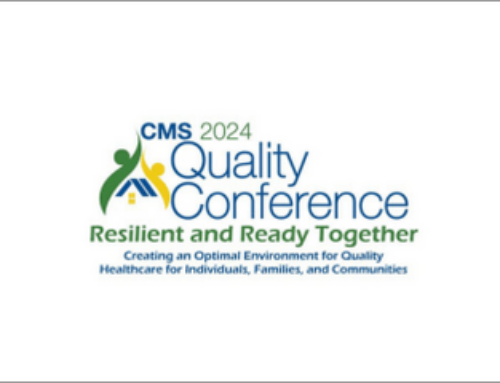The AASM continues to advocate for prior authorization reform to allow clinicians to provide medically necessary care in a timely manner for patients with sleep disorders. Medicare Advantage organizations are currently at the forefront of national reform efforts, given recent studies and initiatives, by both private and public entities, to evaluate prior authorization practices and effectiveness. Data from national efforts highlight the flaws of prior authorization, including:
- A recent report from the Kaiser Family Foundation found that out of 35 million prior authorization determinations, 33 million requests for items or services were fully covered, and a mere 6% of prior authorization requests were denied in full or in part.
- An Office of the Inspector General (OIG) report found that Medicare Advantage organizations have delayed or denied beneficiaries access to services even though the prior authorization requests met Medicare coverage rules.
- The Centers for Medicare and Medicaid Services (CMS) has conducted annual audits of Medicare Advantage organizations, underscoring vast, pervasive, and ongoing problems concerning incorrect denials when Medicare coverage and billing requirements for medical necessity had been met.
A proposed rule recently published by CMS includes proposals to improve the exchange of health care data and streamline processes related to prior authorization. The AASM submitted a response, showing support for the majority of proposals, while suggesting several modifications and protections to encourage more seamless care coordination and patient privacy. The AASM also joined many other health care organizations in signing on to a letter submitted by the American Medical Association (AMA) in support of finalizing the proposals to address continuity of care, alternatives and exemptions, automation and efficiency, and additional program enhancements.
Members may send questions about prior authorization efforts to the AASM health policy team at coding@aasm.org.








